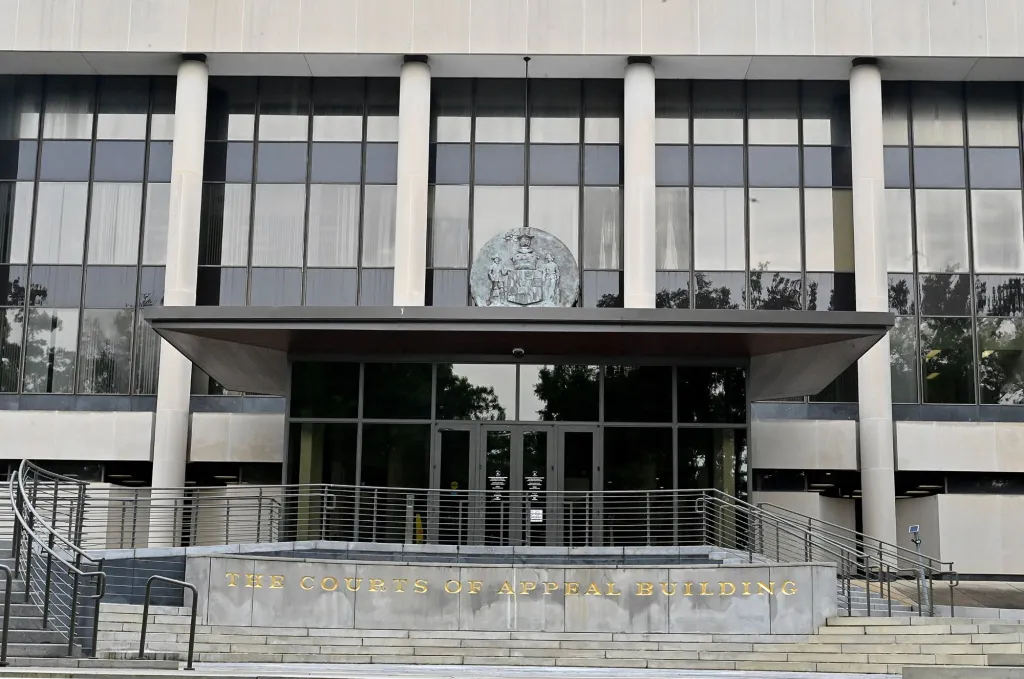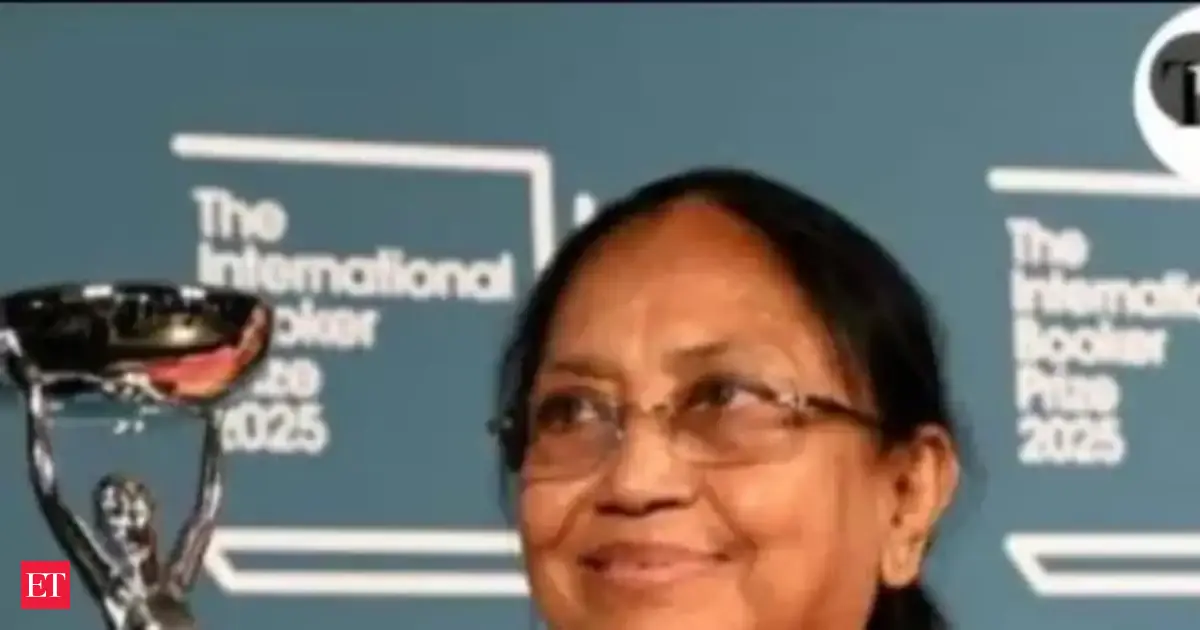
Maryland’s highest court is set to hear appeals in climate lawsuits filed by Baltimore, Annapolis and Anne Arundel County on Oct. 6. At issue is whether these local governments can use Maryland civil law to regulate global emissions related to climate change.
Two Maryland judges have already answered no. In Baltimore City and Anne Arundel County, the courts dismissed these cases, recognizing that interstate and international emissions policy is set by Congress and implemented by federal agencies, not crafted on a case-by-case basis by local courts. The Maryland Supreme Court should affirm those rulings.
Maryland’s business community powers our state’s economy. As the Maryland Chamber of Commerce, we represent organizations of all sizes and sectors, united in their commitment to investing in lower-carbon supply chains and building more resilient, efficient facilities.
Our members are already working to meet Maryland’s ambitious climate goals, which include a 60% reduction in greenhouse gas emissions by 2031. To accelerate those efforts, they need scale, certainty and speed — not litigation.
Addressing climate change requires solutions beyond the reach of local civil suits. Only a unified, coordinated approach can deliver both emissions reductions and reliable, affordable energy.
Maryland has set ambitious targets, and meeting them requires major infrastructure investments. That means new transmission lines, storage, generation, ports, microgrids and coastal defenses, not a patchwork of courtroom verdicts. The projects that keep Annapolis or Dundalk families safe come from engineers and planners, not attorneys.
Certainty is essential for investment. Businesses make long‑term investments when the rules are clear and consistent. If state civil law becomes de facto climate regulation, overlapping and unpredictable rules will result — raising costs industry-wide, from manufacturers to households.
Durable climate solutions require national and international coordination through federal law. They cannot be cobbled together from local liability claims. That is not an excuse, but a recognition of how complex energy and environmental policy is truly made.
Speed is crucial. Marylanders already face the impacts of climate change, but court cases often drag on for years. Urgent solutions — such as elevating substations, hardening hospitals and modernizing infrastructure — cannot be delayed by ongoing litigation.
Some argue these lawsuits are about accountability. When companies break the law or mislead consumers, accountability is warranted. But these cases aim at something totally different — regulating worldwide emissions through state civil courts and state laws.
That’s why judges here and elsewhere have balked, and it’s why a broad coalition — including the U.S. Department of Justice, 24 state attorneys general, and trade associations including Maryland’s Chamber of Commerce — has urged the Maryland Supreme Court to reject the appeals. They understand that climate policy belongs where elected officials can balance costs, reliability, security and innovation in the open.
There is a better path forward for Maryland, one that focuses on resilience and results. That means streamlining permitting, encouraging innovation, putting federal and state funds to work faster and expanding low- and zero-carbon energy options.
We should move faster on Army Corps partnerships, coastal defenses, stormwater upgrades and backup power for critical facilities. At the same time, we must clear interconnection backlogs, modernize siting and permitting and provide private companies with the confidence to invest in Maryland.
The goal is simple — protect communities, build the grid we need and keep energy reliable and affordable so employers can grow and jobs stay in Maryland.
Maryland is already moving on many of these fronts. The fastest way to protect neighborhoods around the Chesapeake Bay and strengthen the economy is to double down on what works — not outsource climate policy to contingent‑fee litigation with uncertain outcomes and certain delays.
Ultimately, these lawsuits, managed by out-of-state activist lawyers, promise big payouts but deliver little. They won’t cool the Chesapeake Bay, stop Annapolis from flooding or harden a single power substation. What they will do is waste taxpayer resources and delay real solutions.
The court’s role in this moment is modest but vital. By upholding the lower courts’ dismissals, the Maryland Supreme Court can keep the law aligned with the way complex national problems are actually addressed and provide policymakers, communities and employers with the certainty to accomplish more, faster.
Let’s measure success not in legal filings but in miles of upgraded drainage, transformers elevated, substations hardened, megawatts connected and neighborhoods kept dry.
Mary D. Kane is president and CEO of the Maryland Chamber of Commerce.



